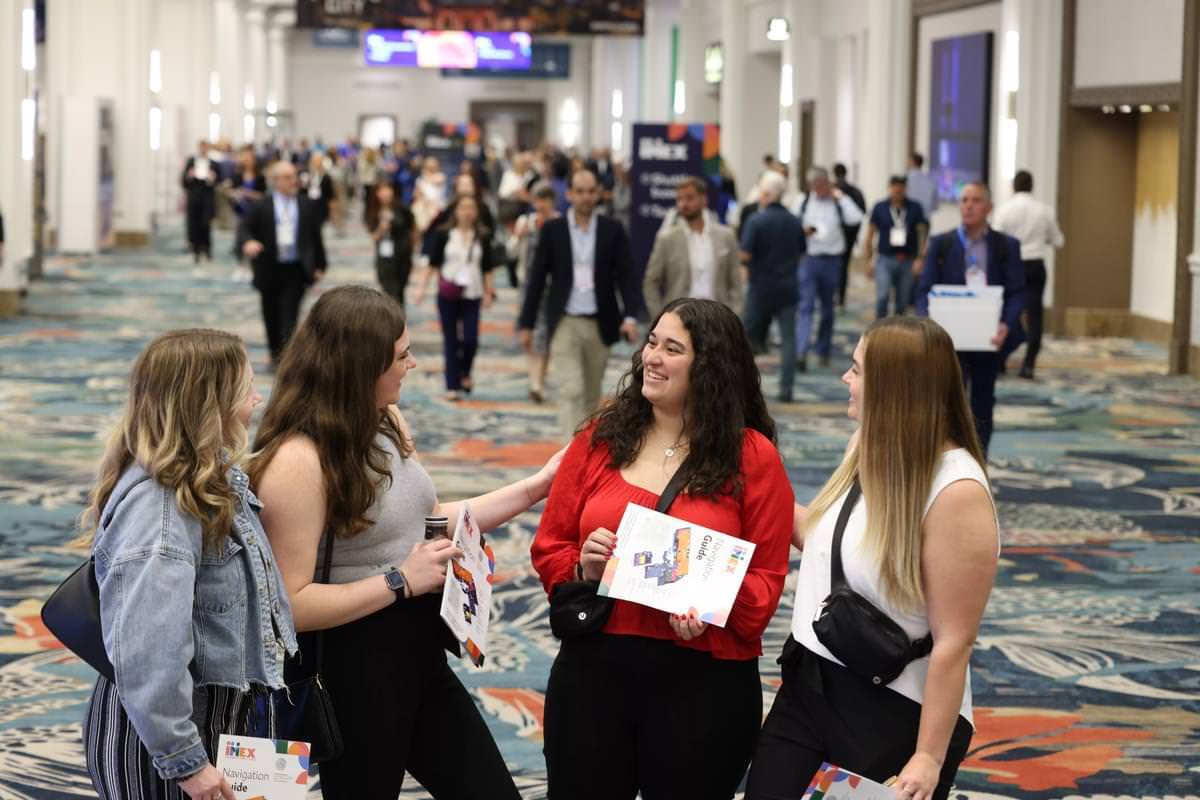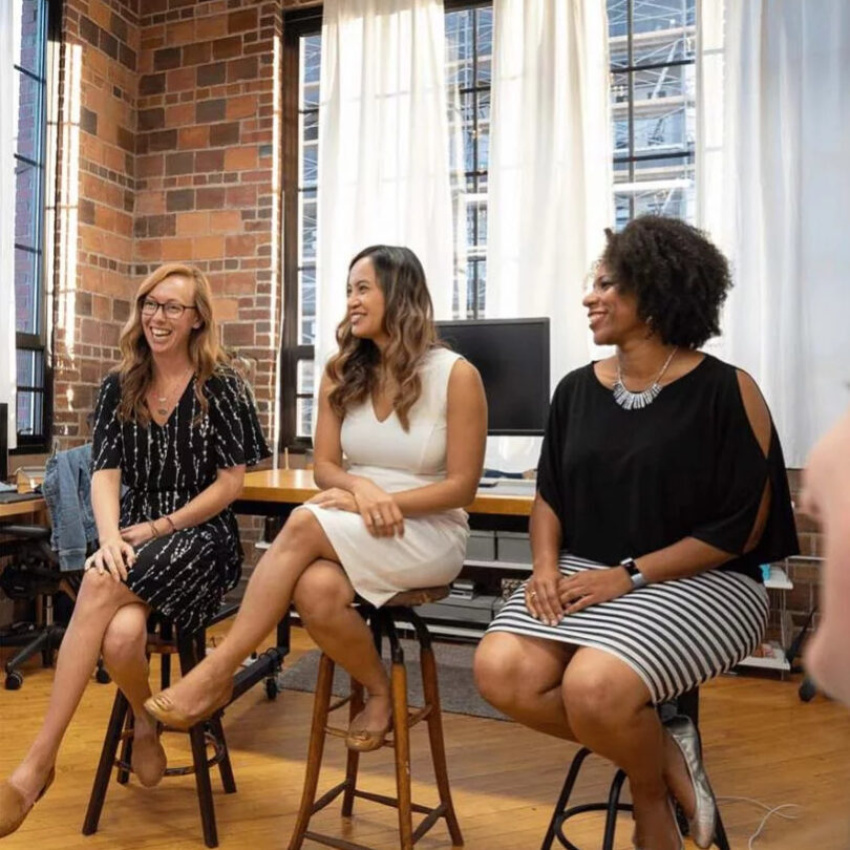Valuegraphics: A new world of data-driven event marketing
David Allison of Valuegraphics has proven that shared values, not demographic stereotypes, are the best way to understand a target audience and to simultaneously unite our divided and fractured world. Looking at people based on shared values means focusing on what we have in common, what brings us together, instead of the “us” vs. “them” of demographic groupings which do nothing but force us apart.
David’s job as a marketer was to get results for his clients by “getting their customers to do stuff. It gradually became clear to him that relying on traditional demographics and assuming all the individuals in those groups liked similar things was not the best way to achieve desired results. Regardless of what marketers are trying to do, they must first understand who the people are that they want to influence.
Data is about the humans behind the numbers
David knew there had to be a better way to approach marketing using values; he started diving into science to understand what psychologists, neuroscientists and sociologists all agree upon – that people make decisions and act based on what they care about. Data isn’t about the numbers; it’s about the humans behind the numbers, humans who are hard wired to chase after the things they care about, and what they share as a set of values.
David needed data to understand why a group of people do something based on values. A team of translators went through responses in 152 languages from the 500,000 people surveyed which provided a first-ever purpose-built dataset of contextualized values statistically representing the population - an exact miniature replica of our real world of eight billion people. This tool allowed him to look at what people care about in common.
Understanding attendee behaviors
As it relates to our industry, people who attend conferences, meetings and events specifically share between five and 10 values such as family relationships, trust, personal growth, personal responsibility, creativity, and environmentalism; these are core human values that make us pick what we want from our lives. This value thinking process allows us to look at what people value and thus know what people are listening for.
In preparation for his speaking role at MPI's WEC event, a profile that David did for the meetings industry showed meeting planners indicated the most amount of togetherness, belonging, closeness, and desire to be with each other that he had ever seen in a study. The results were way off the charts, more so than every other industry. This certainly holds true for industry professionals who attend the IMEX shows. There is a deep abiding affection for the event and the people who participate. It feels like family!

Sustainability is top of mind for event planners
There is a strong desire among IMEX show attendees and partners to focus on sustainable planning and delivering sustainable events. Sustainability is integral to IMEX’s philosophy and is one of the 56 values included in the Valuegraphics database. People passionate about this value, while interested in saving rain forests or endangered species globally, are hungry for specific details. They take personal responsibility and want to get things done. They want to know more about how to recycle, compost and consume less so they can make a direct impact in their own environments and speak intelligently about the issues. They react well when you can show them what they can do today to help the environment.
Following the impact of COVID-19, environmentalism and sustainability took a bit of a back seat temporarily, but values are people’s passions; they are not something you lose. Our values are our values. You may have temporary behavioral changes due to difficult situations, but your values will not change. Even in catastrophic events, where you experience a short, sharp, shock, like the events of 9/11, values that were changed returned once life got back to normal.
We’re done with demographics!
Targeting people by age leads to disappointing results; out of 436 things, for instance, only 15% of millennials agree on any one thing, giving a best hope of a 15% ROI. Most people agree with each other 10% of the time; boomers 13% and women, 11%. We curate our lives thanks to technology, but we still use old, failed ideas about who we are – demographics are the last big disruption we need to go through.
After being on a data binge for the last ten years, the human nature part of data has been overlooked. To change that, we need to encourage people to think from a values-based perspective. It’s critical that we stop using harmful and hurtful demographic stereotypes to understand each other – it doesn’t work. The evidence of that is all around us in movements - Black Lives Matter, women’s rights and LGBTQ+ rights – are a few examples. It’s time to stop treating others as stereotypes and think instead of every individual as a real human with real values.








